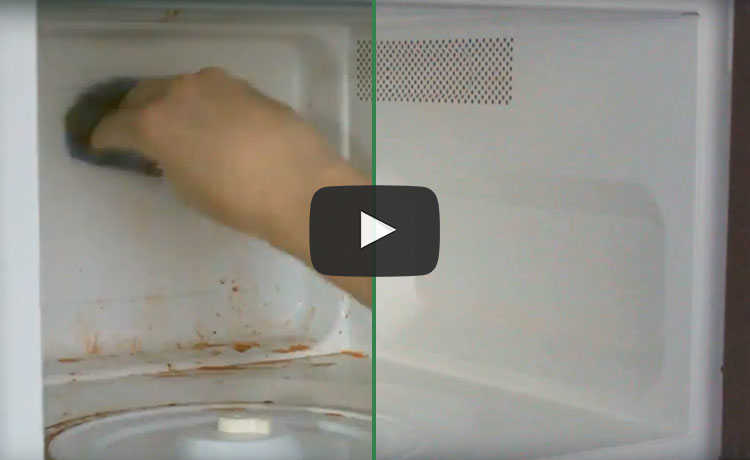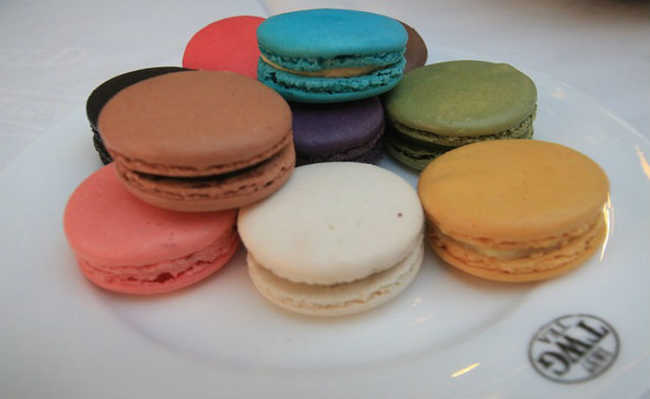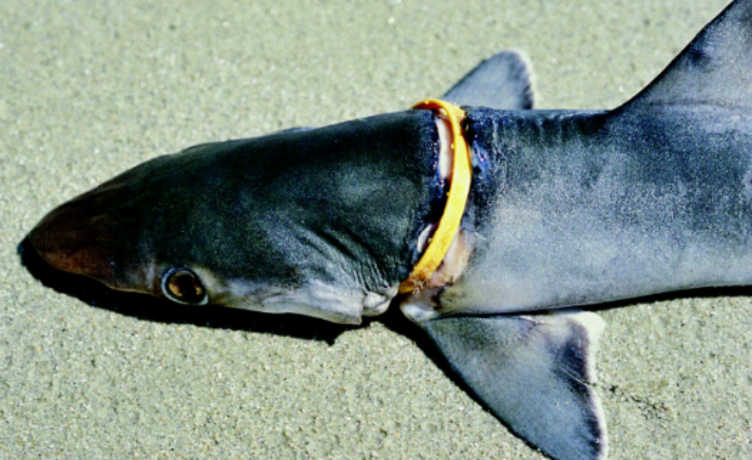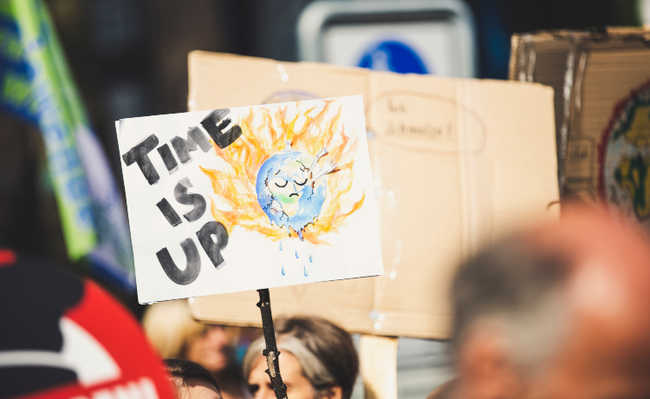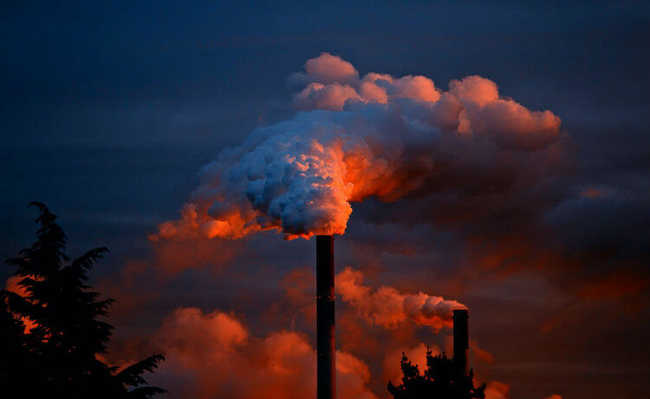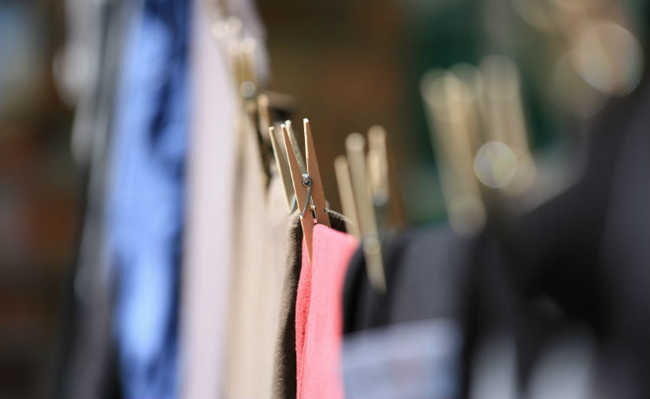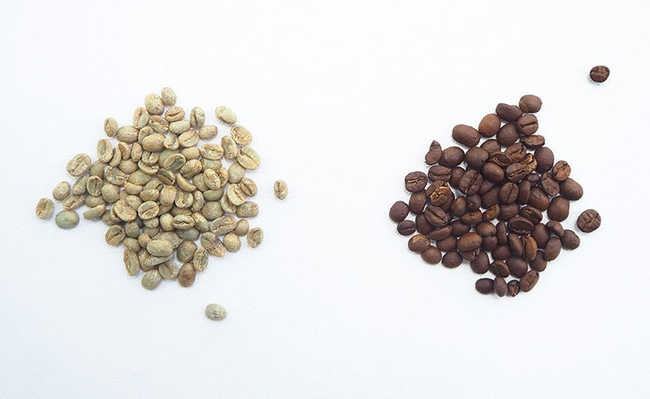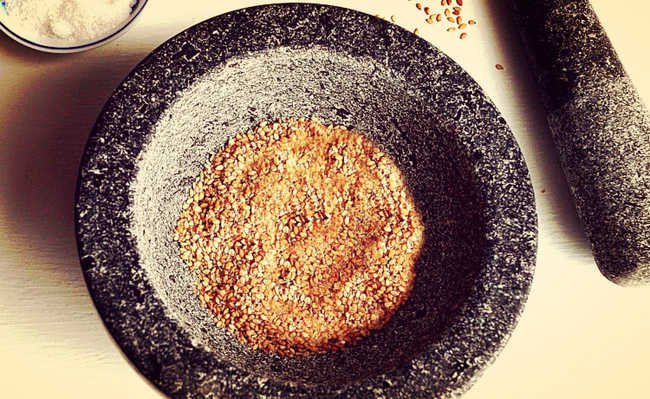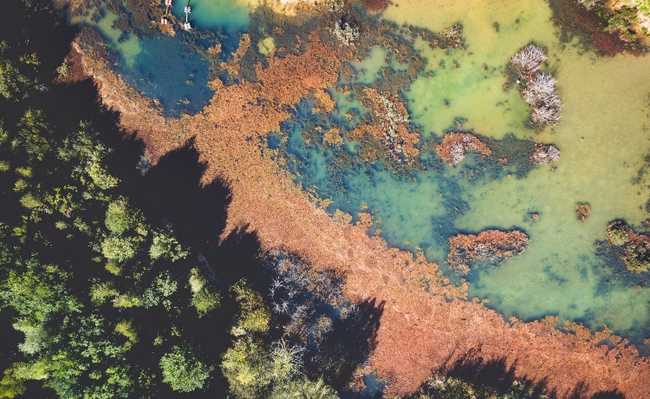Know which items should not enter your home composter
By leaving out certain foods and materials, the quality of the process and the fertilizer significantly improves

When we throw any kind of food in the kitchen trash, we can be responsible for the contamination of groundwater, not to mention the emission of pollutants. Like? When food decomposes in landfills or dumps, it results in leachate and methane gas (CH4). In the case of slurry, the substance is capable of contaminating groundwater if the disposal sites do not have adequate infrastructure and, in the case of methane gas, as it is a powerful greenhouse gas, aggravating the problems associated with climate change. But this situation may be changing. Today, it is possible to recycle packaging (which is recommended prior to hygiene), reuse leftovers to make other recipes and, finally, compost what is possible, transforming residues into fertilizer for plants and reducing methane emissions.
Being doubly functional, home composter is becoming a reality. However, it is necessary to pay attention to the proper functioning of the technology. In case of deposition of certain foods and other materials, it is possible that there is a chemical imbalance inside the compost bins, which can attract unwanted pests, bad smell and damage to the plants. For this not to happen, just leave certain items out of your domestic composter. As an alternative to simply tossing them into garbage bags, shredding may be an alternative. If this is not possible, use biodegradable garbage bags (see more here on how to reduce your household waste). Below, we've made a list of what don't go into home composters and should be avoided in your vermicompost style home composters (not to be confused with electric composters):
dairy products
Any dairy product does not enter. In addition to the bad smell of decomposition, it can attract unwanted organisms;
black walnuts
Nuts contain juglone, an organic compound that is toxic to some types of plants;
Wheat Derivatives
Includes pasta, cake, bread and any other baked goods. These items have slow decomposition compared to the others and, too, still attract pests;
Most types of paper
Magazines, newspapers, printing papers, envelopes and catalogs are all treated with heavy chemicals, usually bleaches (which contain chlorine) and inks that are not biodegradable. Recycling is the solution;

Beef
Leftover chicken, fish and beef are very harmful to the composter. Decomposition takes time, causes a bad smell and attracts animals;
Rice
Once cooked, rice becomes a perfect nest for bacteria;
Sawdust from treated wood
Sawdust is good for domestic composter operation because it helps to absorb moisture. However, if the sawdust comes from some type of varnished or chemically treated wood, the chemical components will harm the worms;
Pet waste
Despite looking like natural fertilizers, these residues can contain parasites and viruses, which pose potential risks to earthworms and plants;
Charcoal
It has large amounts of sulfur and iron, which are bad for plants;
diseased plants
Check your garden if any plant has fungus or any other contagious disease. If this is true, do not put it in your compost bin because these diseases can transfer to healthy plants;
fats
Fatty foods can release substances that slow down composting and harm the compost.
Garlic and onion
They decompose very slowly and carry a bad smell. They end up slowing down the entire composting process;
Citrus rinds and pulp
Due to the acidity of citrus fruits, the peels end up being responsible for unbalancing the PH of the soil mixture, harming the earthworms. If you don't know what to do with them, here's how to make orange chips and pineapple peel jam.

